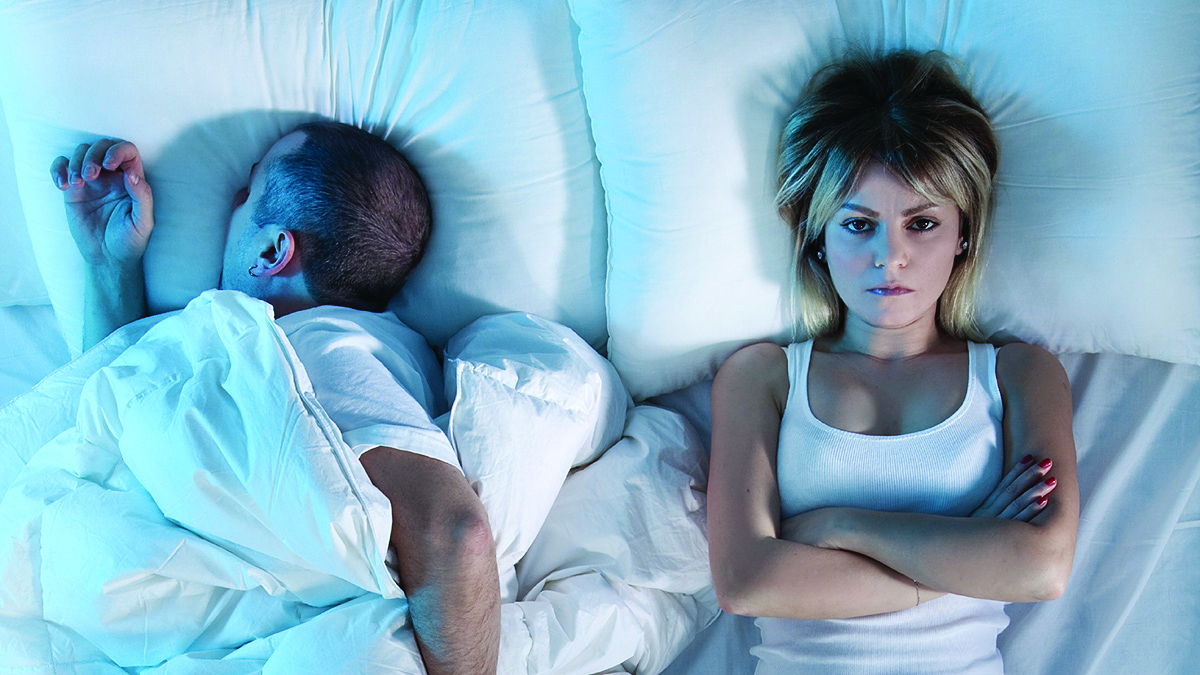Many of our nation’s top health problems and causes of death — car accidents, cancer, Alzheimer’s, depression, obesity, and diabetes — are linked to a common factor: lack of sleep. The statistics are shocking: 40 percent of American adults and 70 percent of adolescents are sleep deprived, getting fewer than six to eight hours of rest per night. Sleepless in America, a 2014 National Geographic documentary, shares anecdotes and experiments that shed light on the debilitating health consequences, both mental and physical, of lack of sleep.
Why do we need sleep? Although it may seem like our minds and bodies lie dormant at night, our brains are actually hard at work 24 hours a day. Citing previous studies conducted on children, Sleepless in America claims that our brains need sleep to consolidate information gathered during the day into long-term memories. Sleep promotes healthy growth and development, and it strengthens the immune system.
Sleepless in America focuses primarily on two University of Chicago studies pertaining to the consequences of sleep deprivation. The first study compared tumor growth in sleep deprived and non-sleep deprived rats. Advanced tumors in mice that had been kept awake for a few days metastasized into the animals’ bones, causing more extensive damage. The second study examined the effects of sleep loss on metabolism. The brain consumes an enormous amount of the body’s total energy — approximately 20 percent. When we force ourselves to stay awake longer than is healthy, our bodies demand food that is usually high in carbohydrates as a substitute for sleep. Increased consumption of these foods is a risk factor for obesity and diabetes.
The documentary offers viewers a comprehensive look at the science of sleep, and at the trouble that arises when Americans forego sleep. Perhaps the only topic that Sleepless in America should have discussed further is how we can develop healthier sleep schedules in a world that expects us to be up and alert around the clock. One of the teenagers interviewed in the documentary felt that he needed to stay up all night to finish schoolwork, in spite of the consequences that fatigue would cause to his health. “I made myself out to think ‘I don’t need sleep at night. That’s for regular people — that’s not for me,’” he said.
Overall, though, this captivating and dramatic documentary shows that we all rely on sleep to think and work properly, and to keep ourselves healthy. Sleepless in America captures our need to sleep, and convincingly argues that we can lead healthier, more fulfilling lifestyles by obtaining the recommended eight hours per night.
Cover Image: Sleepless nights can have detrimental health consequences, many of which are unknown to the general public. Image courtesy of National Geographic.

